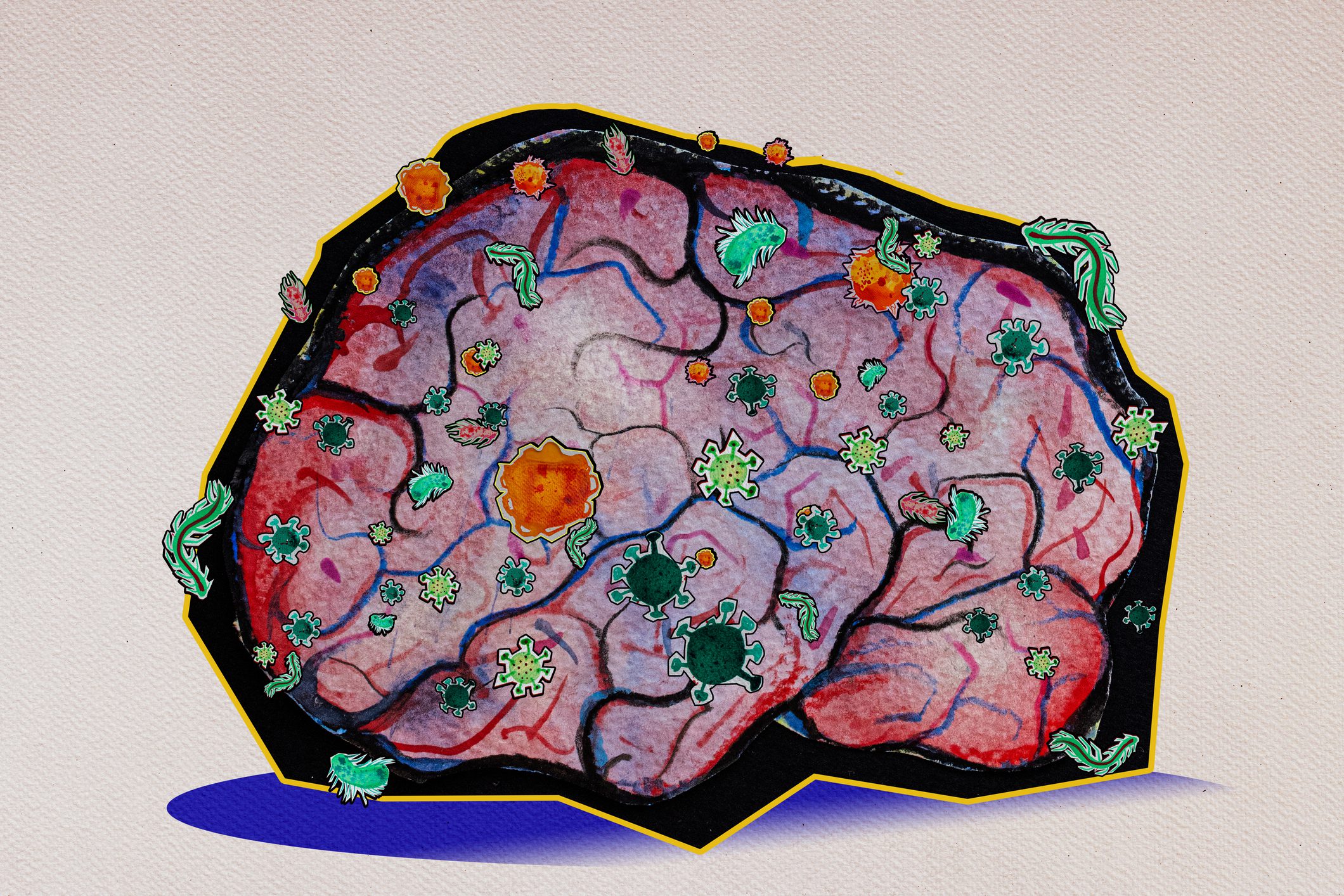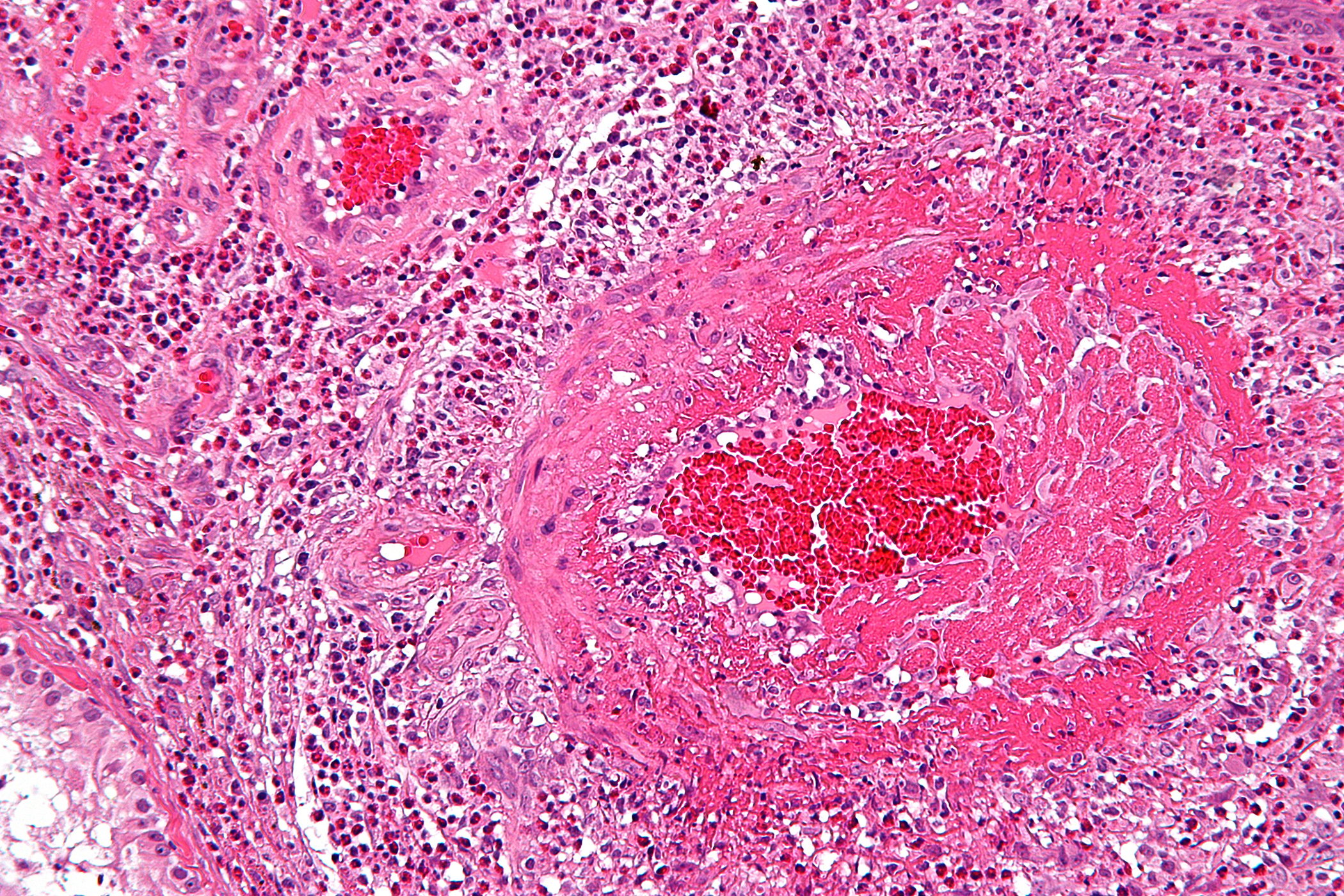Drug de-escalation is primarily driven by the need to spare patients unnecessary toxicity and the associated side effects and repeated hospital visits. However, de-escalation strategies may also have the potential to reduce treatment costs.
Autoren
- Birke Dikken
Publikation
- InFo ONKOLOGIE & HÄMATOLOGIE
Related Topics
You May Also Like
- Epilepsy
Cannabidiol for refractory epilepsy syndromes
- Stomach cancer and Helicobacter pylori
A question of income?
- Prurigo nodularis and AD
Effective itch relief through inhibition of the IL-31 signaling pathway
- Cutaneous Crohn's disease
Effective alternative to TNF inhibitors
- Palliative care symptom and needs assessment.
What screening tools are helpful?
- Benralizumab in a patient with asthma and EGPA
When the biologic has a counterproductive effect
- Brain atrophy and MS
Brain atrophy correlates with disability progression in MS
- Diabetes mellitus











